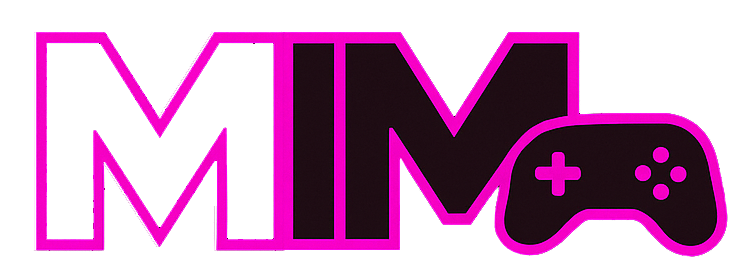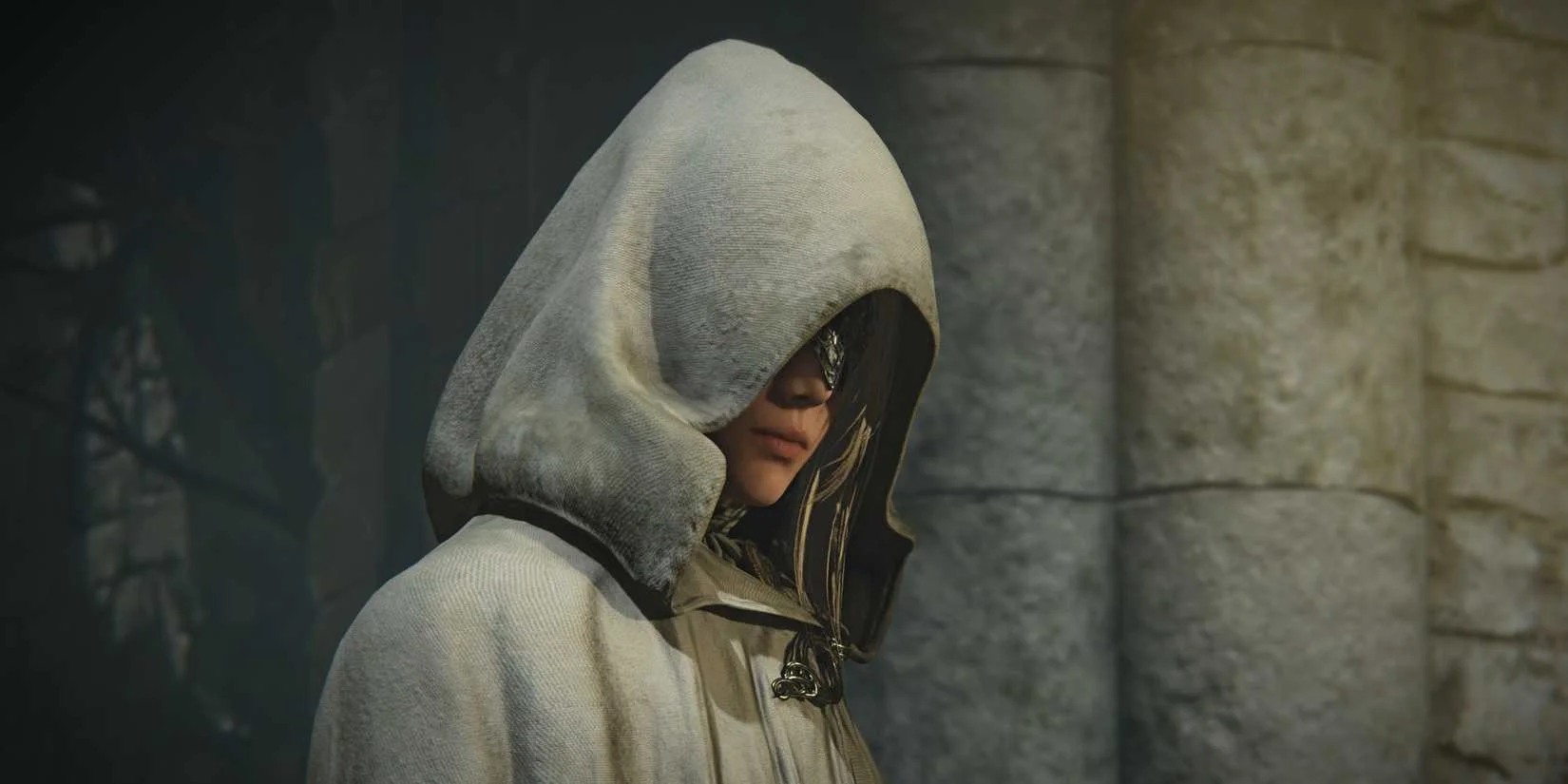Artificial intelligence giant OpenAI is once again at the center of a global copyright controversy — this time involving some of Japan’s biggest names in gaming and animation.
A Japanese anti-piracy organization representing companies such as Square Enix, FromSoftware, Bandai Namco, and Studio Ghibli has formally accused OpenAI of potentially violating Japanese copyright law. The allegations claim that OpenAI’s AI models, including its Sora 2 video generator, may have been trained on copyrighted materials belonging to these companies without authorization.
The warning, issued by Japan’s Content Overseas Distribution Association (CODA), highlights the growing international tension between creative industries and AI developers over the use of copyrighted data in machine learning.
🎮 CODA Accuses OpenAI of Using Japanese Game and Anime Content Without Permission
In an official statement sent to OpenAI, CODA demanded that the company cease using any copyrighted material from its members to train artificial intelligence systems unless explicit permission has been granted.
According to CODA, preliminary investigations revealed that “a large portion of the content produced by OpenAI’s Sora 2 video generator strongly resembles existing Japanese works.” The association claims these similarities suggest that copyrighted material was likely replicated during the training process — an act that may constitute copyright infringement under Japanese law.
“We have confirmed that OpenAI’s AI models may have been trained on works that belong to our members, resulting in the production of content that closely mirrors copyrighted Japanese assets,” CODA stated.
The group emphasized that Japan’s legal framework does not recognize “fair use”, unlike the United States. This means that even if copyrighted material is used for transformative or research purposes, it still requires explicit permission from rights holders before being used in AI model training.
🏢 Who Is Behind CODA — and Why This Matters
The Content Overseas Distribution Association (CODA) is Japan’s leading anti-piracy and content protection group. It represents more than 30 major media companies, including:
-
Square Enix (Final Fantasy, Kingdom Hearts)
-
FromSoftware (Elden Ring, Dark Souls)
-
Bandai Namco Entertainment (Tekken, Dragon Ball Z, Elden Ring publisher)
-
Aniplex (Demon Slayer, Fate/Grand Order)
-
Studio Ghibli (Spirited Away, My Neighbor Totoro)
CODA’s primary mission is to combat piracy, unauthorized distribution, and copyright violations across global markets. In recent years, its focus has expanded to include AI-generated content and data scraping, which many Japanese media companies see as the next major threat to creative ownership.
Japan’s entertainment sector — from gaming to anime — is one of the world’s most valuable, generating tens of billions of dollars annually. As such, unauthorized use of these companies’ creative assets for AI training represents a serious concern.
🧠 The Sora 2 Video Generator Controversy
OpenAI’s Sora 2 is a next-generation video generation tool capable of creating high-quality cinematic clips from text prompts. The model has been praised for its realism, animation fidelity, and ability to mimic stylistic nuances found in film and art.
However, these same strengths have sparked skepticism. Japanese creators and copyright advocates argue that the model’s stylistic similarities to anime and Japanese game aesthetics are too close to be coincidental.
CODA claims that its member studios’ visual assets — including concept art, animations, and character designs — may have been used in the training datasets that power Sora 2. Because OpenAI has not publicly disclosed the full scope of data sources used to train its visual or video-generation models, CODA asserts that there is “reasonable cause” to believe copyrighted Japanese content may have been involved.
⚖️ Japan’s Strict Copyright Law Poses a Challenge for AI Companies
Unlike the U.S. and parts of Europe, Japan does not have a broad “fair use” clause in its copyright legislation. While U.S. companies often rely on fair use to justify training AI models on publicly available materials, Japan’s law requires that copyrighted content cannot be reused or replicated without direct consent from the creator or rights holder.
This legal distinction makes Japan one of the most challenging environments for AI developers operating globally.
CODA’s statement underscores this difference:
“In Japan, copyright protection applies to any form of reproduction, including digital replication during machine learning processes. Permission must be granted in advance.”
That means even if OpenAI’s data was scraped from publicly accessible websites, it could still constitute infringement if the material originated from copyrighted Japanese works.
🧾 OpenAI Yet to Issue a Response
As of now, OpenAI has not released an official statement addressing CODA’s allegations. The company has been under mounting pressure worldwide to clarify its data collection practices and ensure that its models are trained ethically and legally.
OpenAI’s previous statements have emphasized its commitment to respecting intellectual property and maintaining transparency. However, critics argue that the company’s opt-out policy, which allows creators to request that their work not be used for training, is insufficient — particularly in countries like Japan, where consent must be granted explicitly, not withdrawn retroactively.
OpenAI’s legal team is likely evaluating the implications of Japan’s copyright framework, which could set a precedent for AI companies worldwide if the matter escalates.
🌏 A Growing Global Problem for AI Developers
This latest development is part of a wider global backlash against AI companies accused of misusing creative works.
In recent months, OpenAI has faced multiple lawsuits and complaints from:
-
The New York Times, alleging that ChatGPT reproduced copyrighted journalism.
-
Authors like George R.R. Martin and John Grisham, who claimed their books were used for training without consent.
-
Visual artists who accused AI art tools of copying distinctive art styles.
Japan’s involvement now adds another layer of complexity. Because the country’s copyright system is stricter and less flexible than that of the United States, AI companies may face tougher legal scrutiny when operating or distributing products in Japanese markets.
🎮 Gaming Industry Reactions: Protecting Creative IP
Japanese developers have long been cautious about the rise of generative AI. Studios like Square Enix and Bandai Namco have invested heavily in proprietary art, character design, and narrative development — all of which could potentially be replicated or mimicked by AI models.
Industry insiders suggest that CODA’s action represents a unified stance among Japanese entertainment companies to assert control over their creative assets.
A former Square Enix executive told Nikkei Asia:
“AI tools that learn from our designs without permission risk undermining the value of decades of creative work. This isn’t innovation — it’s imitation without consent.”
Meanwhile, some studios, including Electronic Arts (EA) in the U.S., have begun incorporating AI into their own development pipelines. EA recently stated that it uses AI tools to “assist developers” rather than replace them — a statement that contrasts sharply with Japan’s more cautious, protective approach.
🔍 Could This Lead to Legal Action?
At this stage, CODA’s letter appears to be a formal warning and request for clarification, rather than an immediate lawsuit. However, if OpenAI fails to respond or acknowledge the complaint, legal action could follow.
Experts suggest that CODA may coordinate with Japan’s Agency for Cultural Affairs or pursue civil litigation under Japan’s Copyright Act. Even if the outcome doesn’t lead to a direct ban or penalty, the dispute could trigger policy discussions on how AI companies must handle copyrighted data globally.
International intellectual property lawyer Aya Nishimura explained:
“If CODA proves that OpenAI’s models were trained on Japanese content, it could force AI developers to obtain explicit licensing agreements moving forward — not just in Japan, but potentially worldwide.”
💬 AI, Creativity, and the Future of Ownership
The growing number of copyright disputes involving AI underscores a deeper question: What does creative ownership mean in the age of machine learning?
For developers like those represented by CODA, the issue isn’t about banning AI outright — it’s about ensuring that artistic contributions are respected and compensated.
Japan’s gaming and animation sectors thrive on distinctive artistry, emotional storytelling, and cultural craftsmanship. If AI systems can replicate that style without permission or credit, the foundation of Japan’s creative economy could be undermined.
At the same time, some technologists argue that overly strict copyright enforcement could stifle AI innovation. Finding a middle ground between ethical AI training and artistic protection may be one of the defining legal challenges of the next decade.
📈 What Happens Next
For now, all eyes are on OpenAI’s response. The company’s decision — whether to negotiate, deny, or comply — could shape the future of AI’s relationship with Japanese copyright law.
If OpenAI agrees to CODA’s request, it may have to remove Japanese content from its training datasets and implement region-specific compliance mechanisms for future updates. If not, it risks potential legal confrontation and public backlash from one of the world’s most influential creative markets.
Either way, this incident reinforces a growing reality: as AI becomes more powerful and ubiquitous, so too does the need for clear, enforceable global standards for how creative data is used.

